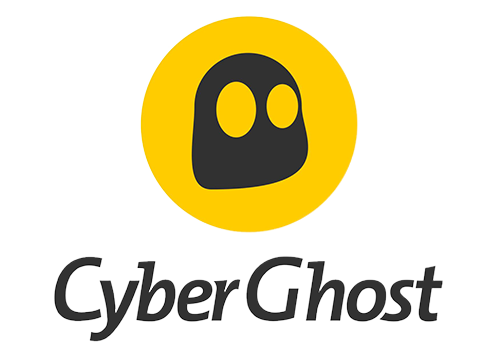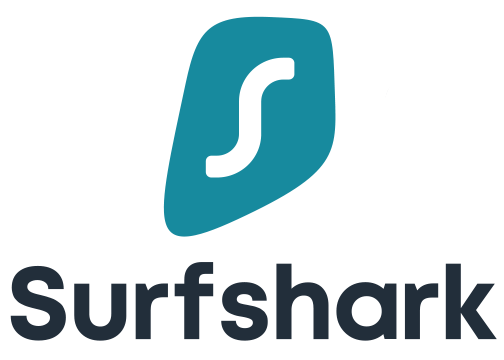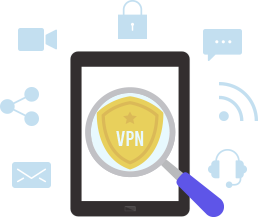1
![ExpressVPN]()

70% of users choose ExpressVPN
ExpressVPN
- Super fast internet speeds
- Full range of security protocols + Kill Switch
- Servers in 4 major Canadian cities
- Unlimited torrenting and P2P downloads
- Unrestricted access to content like Netflix, Hulu, and Kodi
- Web extensions for Chrome, Firefox and Mozilla
2
![NordVPN]()
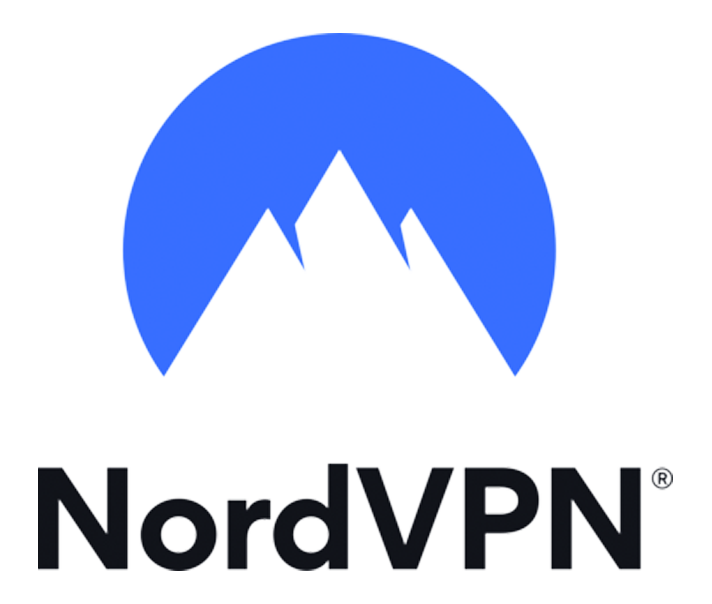
NordVPN
- Most servers of any VPN we tested = FAST SPEEDS
- Privacy tools include 2048-bit encryption, Kill Switch and IP Leak protection
- Apps for Android and Apple – Proxy extensions for Chrome and Firefox
- Located in Panama – not a 5 Eyes country
- Unrestricted access to Netflix & Hulu content worldwide
- Connect 6 devices simultaneously
4
![PrivateVPN]()
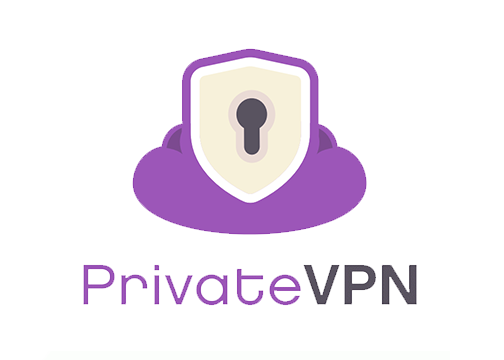
PrivateVPN
- High level encryptions protect your identity from hackers
- Connect to fast servers in Toronto and Vancouver
- Compatible with Mac, Windows, iOS, Android, Linux and Routers
How we Choose the Best VPNs for Canada
Unlike some other sites, we actually put the VPNs to the test when coming up with our scores. The first thing we do is find out what is important to Canadians when choosing a VPN provider.
Once we have whittled down the VPNs to manageable selection, we test them on several key features. These include; speed, server locations, security protocols, Data and IP leak protection, kill switch, and pricing.
Once the testing is complete we can see how the VPNs compared and finalize our list of the Best VPNs for Canada.
Some of the questions we ask ourselves while testing the VPNs are:
- How safe and secure am I while online with this VPN?
- Can you safely download torrents in Canada?
- Will the VPN get around annoying geo blockers?
- Are there any deals or coupons available for these VPN?
Side by side comparison of features

9.9
- One of the fastest VPNs on the market
- 2000+ Servers in 94 Countries
- No logs policy
- 30-day money back guarantee
- Simultaneously connect to 3 devices
- Best VPN for Streaming

9.8
- Chock-full of security features
- 3500+ Servers in 61 Countries
- No logs policy
- 30-day money back guarantee
- Simultaneously connect to 6 devices
- Best VPN for Security
